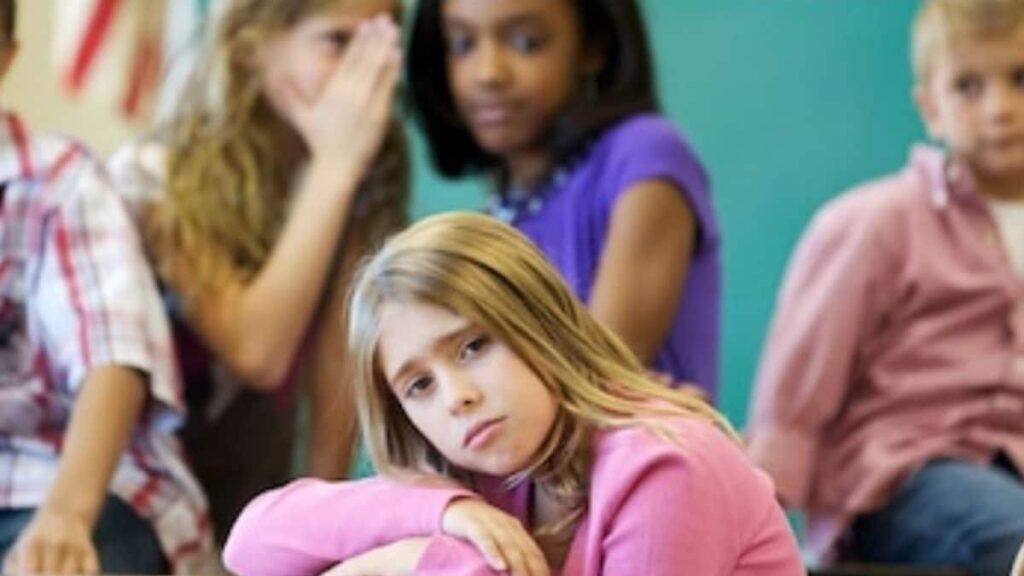5 Sneaky Bad Habits Kids Learn from Parents — Are You Aware?


Unhealthy habits can create significant challenges, while positive ones foster a happier, healthier life. (Representational image)
When children are exposed to detrimental behaviours early on, they are more likely to carry those habits into adulthood.
Children often view their parents as role models, mirroring their actions and behaviours. This influence can pass on both positive traits and negative habits. Unhealthy habits can create significant challenges, while positive ones foster a happier, healthier life. When children are exposed to detrimental behaviours early on, they are more likely to carry those habits into adulthood, which can adversely affect their success, relationships and overall health. To encourage better choices, parents need to help their children recognise unhealthy behaviours from a young age, guiding them towards healthier alternatives.
Poor Hygiene Habits
When children are young, hygiene habits may not seem like a big deal, but ignoring personal cleanliness can lead to serious problems later on. Even little activities, such as youngsters failing to wash their hands after playing in the sand or mud, can cause problems. These actions could have negative consequences for your health. You may make cleaning more entertaining by giving fun tasks and rewarding or praising them when they are completed.
Cursing and Hitting
Many children hit their peers. Many parents’ typical response is to spank and chastise their child for breaking the habit. However, this practice has the opposite results. It teaches the child that it is appropriate to physically and verbally abuse someone who has made a mistake.
Poor Food Choices
Teaching your child healthy eating habits at a young age will help them have a positive relationship with food throughout adulthood. A healthy eating mindset is vital for long-term health and prevention against illnesses including heart disease, cancer, and diabetes. Instead of saying no to unhealthy foods and beverages, limit portion sizes and establish expectations that they will be consumed sparingly.
Refusing to admit their mistakes
It is normal for children to refuse to confess their mistakes. This is frequently related to a fear of humiliation or punishment. Understanding the value of duty is critical for their growth. When children are not taught to accept responsibility for their mistakes, they may develop more serious issues, such as lying and avoiding accountability as adults. Make an environment in which children can disclose their mistakes without fear of repercussions.
Gossiping
Gossip can be picked up from the media, family, or even casual conversations at school. Children may be unaware of the implications of speaking negatively about others. It has the potential to offend individuals and damage friendships. Early intervention is necessary to teach children the value of polite and respectful discourse.
5-sneaky-bad-habits-kids-learn-from-parents-are-you-aware






